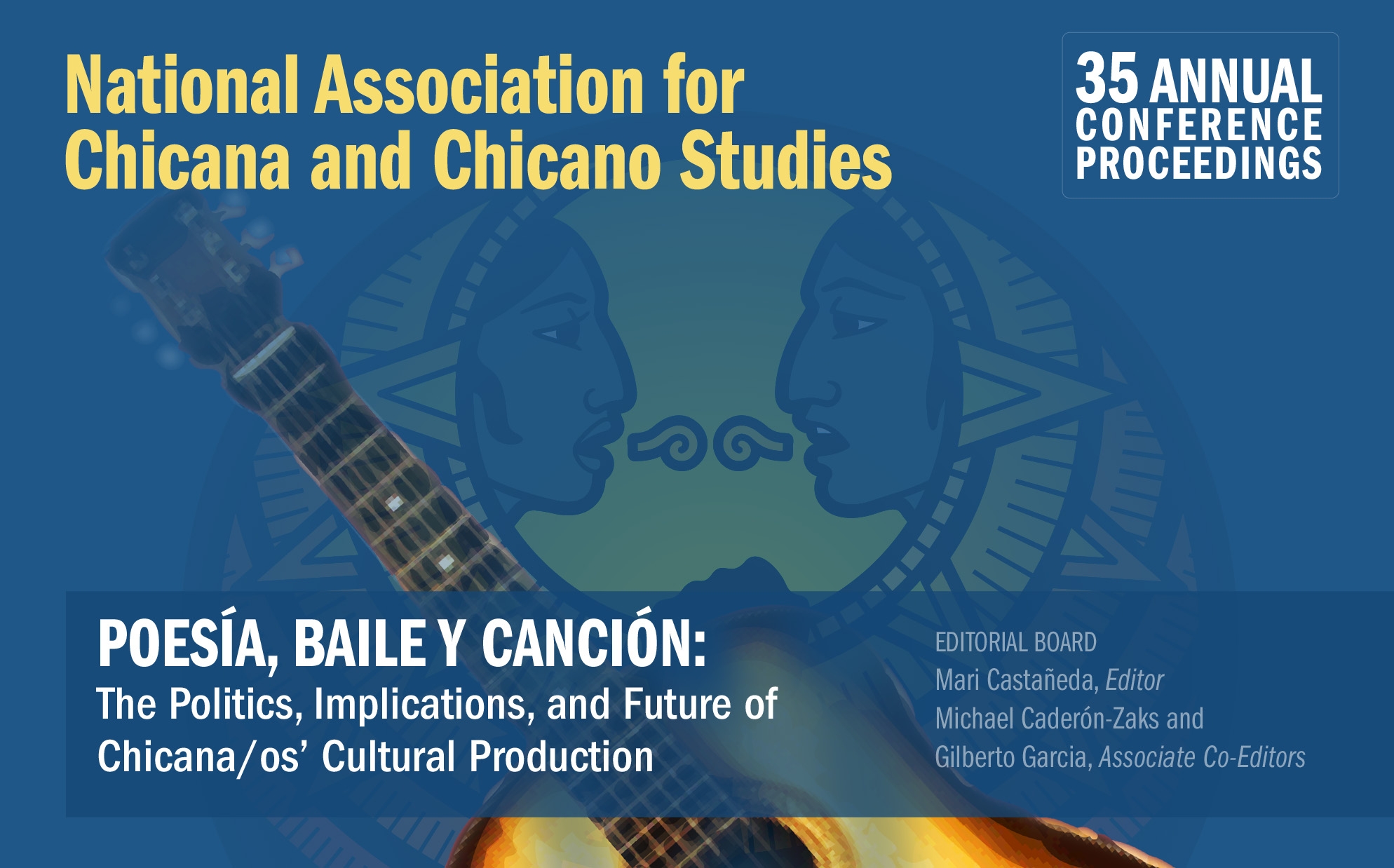Location
2008 NACCS Conference Presentation
Abstract:
Over a century ago Ricardo and Enrique Flores Magón spoke out against the injustices of Porfirio Díaz’ regime through their writings in the leftist paper Regeneración and their work organizing under the banner of the Partido Liberal Mexicano (PLM); first in Mexico, and later while exiled in the United States, where Ricardo was repeatedly imprisoned for his attempts to ferment revolution. Documented in published essays in Partido papers, magonista ideology, anarchist and internationalist in nature, explicitly critiqued capitalism and the limitations of the nation-state in early 20th century Mexico. Just as important as these printed works for public dissemination, I believe, is the private correspondence Flores Magón wrote while incarcerated, in particular his exchanges with María Brousse de Talavera from the period 1908-09. Intense and powerfully poetic, his letters from the eve of the Mexican Revolution reveal him to be a romantic as much as a revolutionary and as such they shift, often with startling abruptness, from declarations of his love for Talavera to issues related to the Partido such as the campaign to free him and his companions. In this essay I argue that their letters allow us to examine what Chela Sandoval, in Methodology of the Oppressed, terms “amor en Aztlán,” a potentially decolonizing space wherein one is able to understand and actualize love as a liberatory force (Minneapolis: University of Minnesota Press, 2000: 146). For, as Sandoval writes “it is love that can access and guide our theoretical and political ‘movidas’—revolutionary maneuvers toward decolonized being” (141). In that emotional space that is love, in that imaginary space that is Aztlán, what possibilities and potentials did Flores Magón and Talavera create? How did this decolonizing love sustain them? And what can we learn, one hundred years later, from the words and actions of rebels, dreamers, and lovers?
Included in
Chicana/o Studies Commons, Politics and Social Change Commons, Race and Ethnicity Commons
“María y revolución, eso es lo que ocupa mi corazón”: Love and Liberation in the Prison Writings of Ricardo Flores Magón
2008 NACCS Conference Presentation
Abstract:
Over a century ago Ricardo and Enrique Flores Magón spoke out against the injustices of Porfirio Díaz’ regime through their writings in the leftist paper Regeneración and their work organizing under the banner of the Partido Liberal Mexicano (PLM); first in Mexico, and later while exiled in the United States, where Ricardo was repeatedly imprisoned for his attempts to ferment revolution. Documented in published essays in Partido papers, magonista ideology, anarchist and internationalist in nature, explicitly critiqued capitalism and the limitations of the nation-state in early 20th century Mexico. Just as important as these printed works for public dissemination, I believe, is the private correspondence Flores Magón wrote while incarcerated, in particular his exchanges with María Brousse de Talavera from the period 1908-09. Intense and powerfully poetic, his letters from the eve of the Mexican Revolution reveal him to be a romantic as much as a revolutionary and as such they shift, often with startling abruptness, from declarations of his love for Talavera to issues related to the Partido such as the campaign to free him and his companions. In this essay I argue that their letters allow us to examine what Chela Sandoval, in Methodology of the Oppressed, terms “amor en Aztlán,” a potentially decolonizing space wherein one is able to understand and actualize love as a liberatory force (Minneapolis: University of Minnesota Press, 2000: 146). For, as Sandoval writes “it is love that can access and guide our theoretical and political ‘movidas’—revolutionary maneuvers toward decolonized being” (141). In that emotional space that is love, in that imaginary space that is Aztlán, what possibilities and potentials did Flores Magón and Talavera create? How did this decolonizing love sustain them? And what can we learn, one hundred years later, from the words and actions of rebels, dreamers, and lovers?

